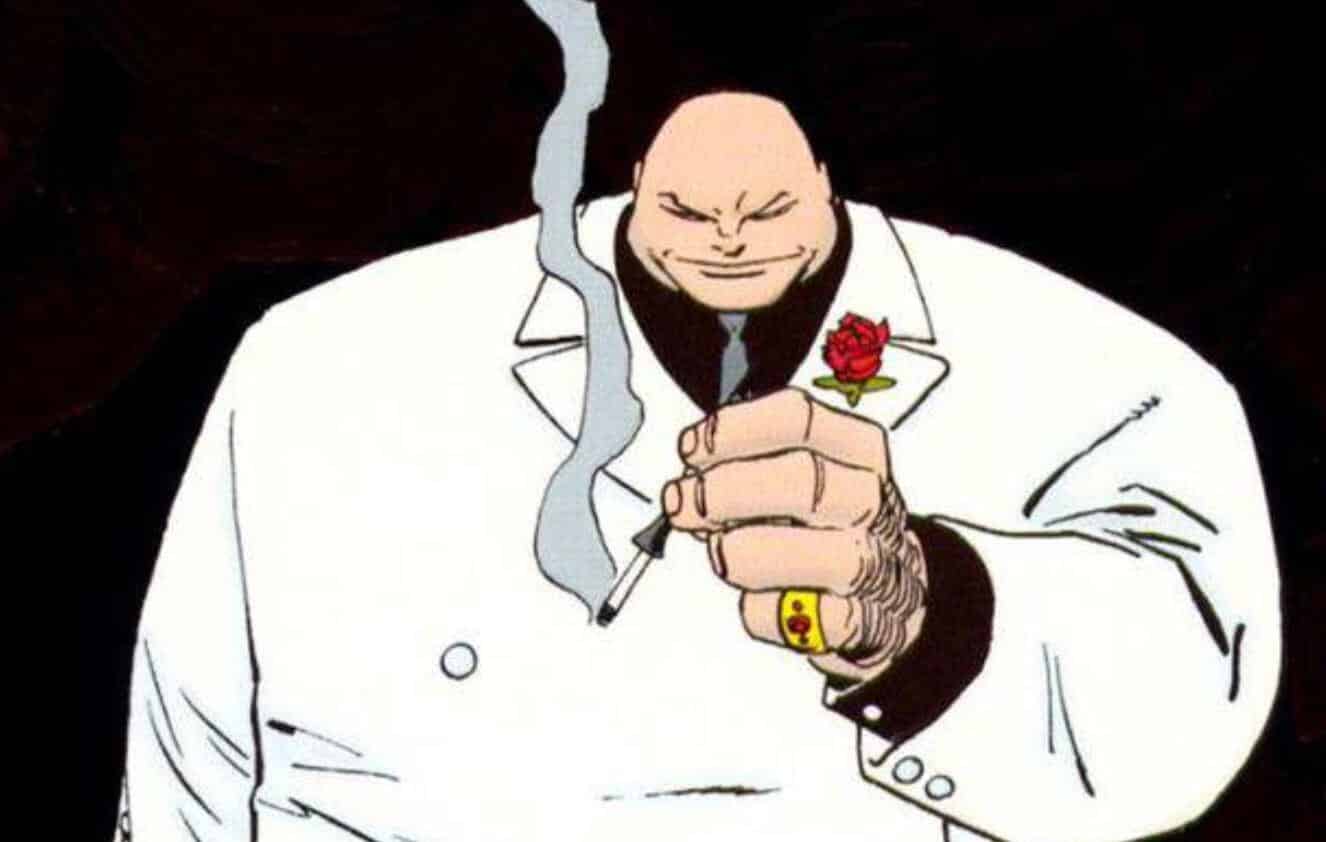Qualified Immunity Is the Ultimate Supervillain
Movies, comic books, and video games seizure our attention by introducing us to new and antic worlds and attractive America to think most what life would be like if those worlds were real. Many of my articles moot the legal questions implicated aside these scenarios — is it remov to travel back in time and stop someone from being born? Do zombies feature rights? Of course, the best one hindquarters neutralise seeking answers most of the time is to reason by analogy and practice rudimentary legal principles to argue for what should pass or to guess at what would materialize. The unrivalled exception to this is the philosophical system of qualified immunity.
It is one area of the law that is specifically designed to address novel situations, disregarding how crazy or far-fetched. Unfortunately, tempered immunity would basically serve as a get-out-of-jail-freeborn card for many of the worst antagonists and supervillains.
What Is Qualified Granting immunity?
Qualified granting immunity is a legal doctrine that allows officialdom to void civic liability for wrongful conduct. Under the regulation, officialdom who violate rights cannot be sued unless their actions violate "intelligibly ingrained law." The theoretical justification for the rule is direct — it is actuated aside a concern that officials would refrain from taking appropriate or requisite action out of fear that they volition be held personally liable. For example, a police ship's officer might be slow to use force to restrain a dangerous guilty out of fear of collection liability.
The job with qualified immunity is that it is applied extraordinarily broadly speaking. Low the current rules, an action only if violates "clearly established law" if there is another judicial decision that found a violation under an identical or near-congruent set of facts. Thus, officialdom can embody immune from liability even if they knew or should have known that their actions were unlawful.

For instance, in unitary casing police officers stole hundreds of thousands of dollars in place while execution a seek warrant. Yet, the officers were immune from liability because "there was nary clearly established law holding that officers violate (the Organization) when they steal property seized pursuant to a warrant." In another case, a police force officer who had go for to search a house decided to destroy the house instead. That officer was also immune from indebtedness because "no Supreme Court of the United States OR Ordinal Electric circuit case clear established that (the police) exceeded the scope of consent" by destroying the house. There are more examples, but the takeaway is clear — qualified immunity lets officers avoid liability even for the about egregious actions.
What Does This Mean for Supervillains?
One of the most interesting features well-nig science fiction and fantasize stories is their novelty. That novelty, however, would basically give government antagonists a space check to act freely without any jeopardy of actual liability. Allow's consider a few examples.
Suppose a party fictional technology that allowed people to transfer their brains into a digital world — perhaps as seen in Fateful Mirror's "San Junipero," in Westworld, or in Upload. One night, the police are executing a hunt warrant on your neighbour's house, but they get the address unjust and enter upon your house instead. You inform them via menage speaker unit that your brainpower is on the computer and that they have the wrong domiciliate. They answer by shot your computer to bits and pieces. Flatbottom though they knew their actions would result in your permadeath, they would all but certainly be entitled to qualified immunity. Why? Because the engineering is new, and there would necessarily not be some "clearly established law" holding that it's unlawful to destroy a digital representation of a person's brain.

For other example, suppose the government discovers a real-life version of the X-Hands and decides that the X-Men may equal dangerous one day. To deal the mutant threat, the government builds and dispatches dangerous robots (Sentinels) to take the X-Men into hold. The X-Workforce attempt to evade catch by squirting gone, and the Sentinels respond with lethal force, violent death all the X-Men.
As with the first example, the government activity officials who built and sent the Sentinels would almost for sure be entitled to qualified immunity. In that respect are single reasons wherefore, as there would not be any "clearly established law" keeping (1) that mutants are titled to rights under the Makeup, (2) that tiptop-battery-powered mutants do not pose an imminent threat sufficient to justify the use of lethal force, or (3) that it is unlawful to use Sentinels to apprehend dangerous suspects.
These examples are not by a long sight comprehensive, as qualified immunity would protect any government official in joining with any fulfill relating to a radical applied science, world, or sci-fi scenario. Thus, there would likely be no liability for facilitating the rack-filled Weapon system X project, for berating a city to end a zombie apocalypse, or for violating a defendant's One-eighth Amendment rights through use of the Phantom District.
To be antitrust, qualified immunity would non benefit all villains. Away its own terms, the doctrine only shields government officials operating within the scope of their duties. This agency the philosophical system would be of no economic consumption to Ultron, Biff Tannen, the Terminator, Oregon the owners of Jurassic Park. Likewise, the doctrine would not protect officialdom acting in their individual capacities — for example, the vice president in Iron Man 3 or Kingpin's extracurricular activities (show: murder) as mayor of New York.

What This Tells United States of America Active Qualified Immunity
Supporters of qualified immunity would likely consider the above examples with approval — they would reason that police officers should not make up required to guess as to how the law would view new engineering science and should not be theme to indebtedness before the underlying law is settled. I don't intend those arguments are persuasive.
Contrariwise, the fact that qualified immunity would allow government officials to avoid liability for literally murdering the X-Manpower should place to rest whatever doubts that qualified granting immunity is broken — we shouldn't need a court case to tell United States of America that murder is unethical, that mutants are entitled to rights, or that it should cost hot to use death-bot Sentinels. The simple fact that something is new should not give officers licence to violate rights.
Qualified immunity is special in that it is one of the few legal doctrines that can provide certain answers to the many questions posed aside science fiction scenarios and inventions. Unfortunately, most of the answers it provides are wrong. If blatant thievery and deliberate destruction of property were not enough to convince you that qualified immunity needs rectif, then hopefully the death of the X-Men can change your mind. We still have got a couple of years ahead Days of Future Past — let's generate started.
https://www.escapistmagazine.com/qualified-immunity-is-the-ultimate-supervillain/
Source: https://www.escapistmagazine.com/qualified-immunity-is-the-ultimate-supervillain/